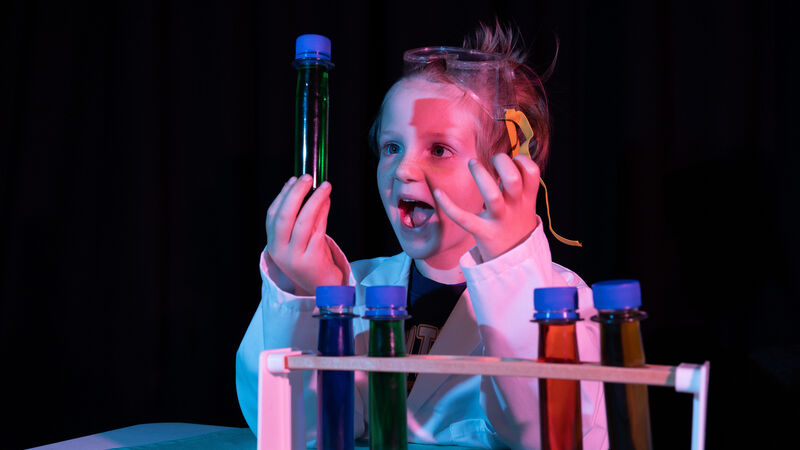Promoting the appliance of science

Morgan Murphy celebrating the launch of the upcoming Cork Science Festival which takes place from 6-14 November.
Try from €1.50 / week
SUBSCRIBEScience Week, which runs to November 14, celebrates science in our everyday lives across a wide variety of events involving industry, colleges, schools, teachers, researchers, and students throughout Ireland.
“I see Science Week as a time to promote all Stem subjects — science, technology, engineering and mathematics,” explains Professor Ita Richardson. “Stem is a basis for change, hopefully for the better, and we need girls and boys to consider how they can become good scientists, technologists, engineers and mathematicians.
Already a subscriber? Sign in
You have reached your article limit.
Annual €130 €80
Best value
Monthly €12€6 / month
Introductory offers for new customers. Annual billed once for first year. Renews at €130. Monthly initial discount (first 3 months) billed monthly, then €12 a month. Ts&Cs apply.
CONNECT WITH US TODAY
Be the first to know the latest news and updates
Newsletter
News and analysis on business, money and jobs from Munster and beyond by our expert team of business writers.
Newsletter
News and analysis on business, money and jobs from Munster and beyond by our expert team of business writers.
Newsletter
Keep up with stories of the day with our lunchtime news wrap and important breaking news alerts.
Newsletter
Sign up to the best reads of the week from irishexaminer.com selected just for you.
Friday, February 13, 2026 - 11:00 AM
Friday, February 13, 2026 - 11:00 AM
Thursday, February 12, 2026 - 5:00 PM
© Examiner Echo Group Limited